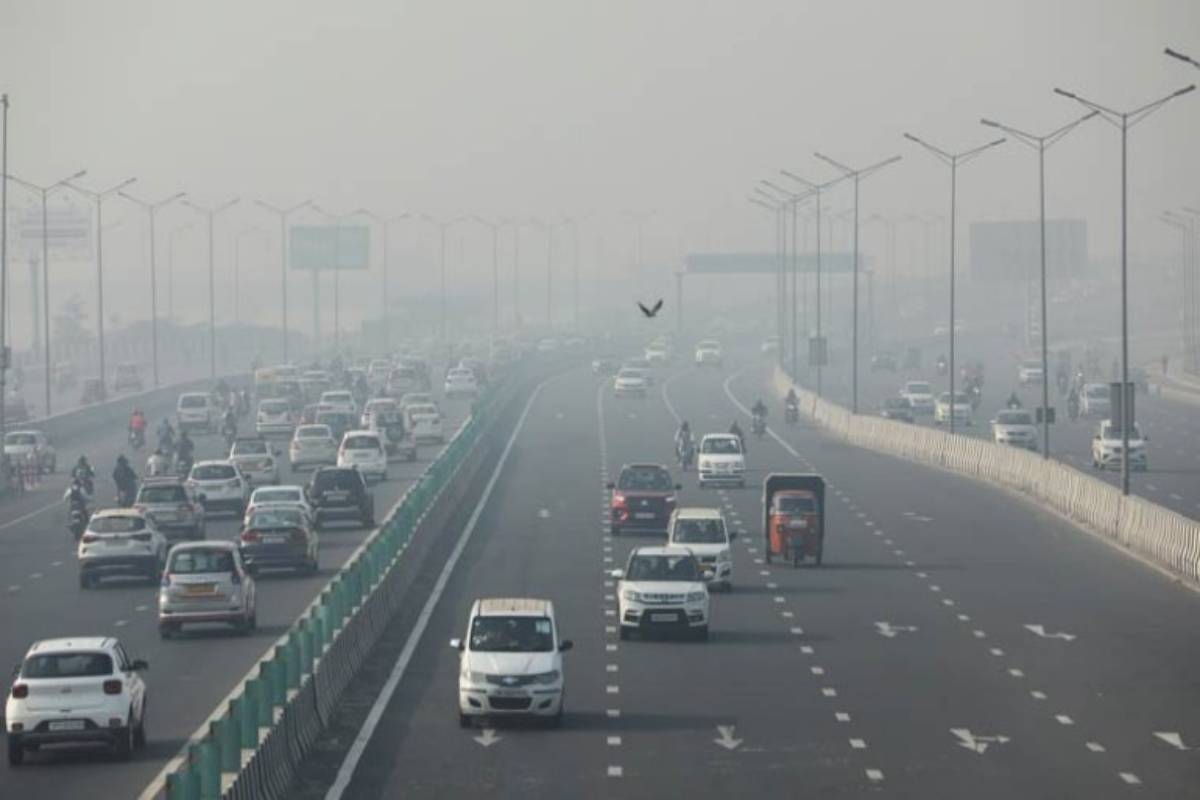Delhi CM Arvind Kejriwal to meet with AAP MLAs today, first after exit from jail
Delhi Chief Minister Arvind Kejriwal will hold a meeting with the Aam Aadmi Party MLAs in the national capital on Sunday.
No place is in ‘severe’ zone in the national capital. The air quality across NCR cities like Faridabad, Ghaziabad, Noida, Gurugram, Ghaziabad and Bahadurgarh continues to be in ‘poor’ category, according to the CPCB.

Representational image (File photo)
Delhi’s average Air Quality Index (AQI) on Monday remained in ‘very poor’ zone, with the pollution numbers recorded at 330, according to the Central Pollution Control Board (CPCB).
On Monday, there was no place across the national capital, which registered air quality in the severe category, the pollution control agency data said.
According to CPCB, prolonged exposure to air under the ‘very poor’ category may cause respiratory illness.
Advertisement
Nehru Nagar area recorded the worst AQI reading on Monday at 381, followed by Dwarka Sector-8 at 371, Mundka-365 and Aurobindo Marg also 365.
The prominent pollutants in the city’s air on Monday were the PM 2.5 micro particles as per the data of the pollution
control agency.
The PM 2.5 micro particles are small enough to penetrate deep into the respiratory tract and likely trigger health issues,
as experts say.
The air quality data released on Monday was prepared with twenty-four-hour observations and readings from the 33 out of 40 air monitoring stations across the city, that are run under different agencies to the likes of CPCB and the
Delhi Pollution Control Committee(DPCC) and others.
According to the Indian Institute of Tropical Meteorology (IITM), there is a likelihood of the air remaining in the
‘very poor’ category for the coming two to three days.
“The air quality is likely to remain in Very Poor category from 19.12.2023 to 21.12.2023. The outlook for subsequent 6 Days: The air quality is likely to remain in the Very Poor to Poor category,” the IITM said on Monday.
Meanwhile, checking of polluting vehicles without valid Pollution Under Control certificates is being done regularly,
which is aimed at ensuring the implementation of anti- pollution actions.
Teams of the concerned agencies are also keeping a check on the biomass burning across the city, as the same had recently been pointed as one of the prominent contributor towards the air pollution levels.
Graded Response Action Plan (GRAP) stages-I & II continue to remain in effect across the city and NCR region as ordered
by the Commission for Air Quality Management (CAQM).
The air quality across NCR cities like Faridabad, Ghaziabad, Noida, Gurugram, Ghaziabad and Bahadurgarh continues to be in ‘poor’ category, according to the CPCB.
Advertisement